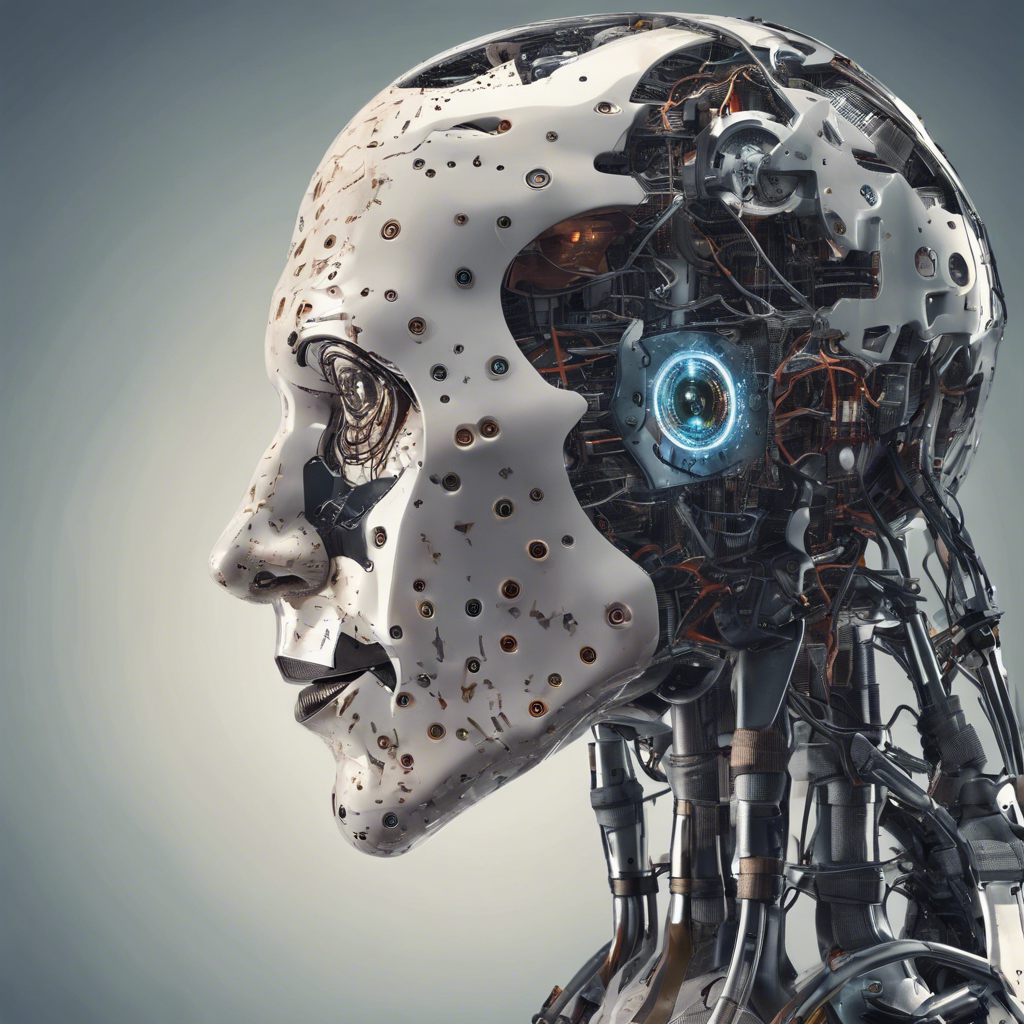The Future of Artificial Intelligence: Promises and Perils

Exploring the Advancements and Ethical Considerations of AI
Artificial Intelligence (AI) has become an integral part of our lives, revolutionizing industries and transforming the way we interact with technology. From virtual assistants to self-driving cars, AI has made significant strides in recent years. However, as the capabilities of AI continue to expand, questions arise about the ethical implications and potential risks associated with this rapidly evolving technology. In this article, we will delve into the promises and perils of AI, examining its potential benefits and the ethical considerations that must be addressed.
Advancements in AI: A Glimpse into the Future
In recent years, AI has made remarkable advancements, propelling us into a future once only imagined in science fiction. Machine learning algorithms have become increasingly sophisticated, enabling AI systems to analyze vast amounts of data and make complex decisions. This has led to breakthroughs in various fields, such as healthcare, finance, and transportation.
In the healthcare sector, AI has the potential to revolutionize patient care. From diagnosing diseases to personalized treatment plans, AI algorithms can analyze medical records and genetic data to provide accurate and timely recommendations. This not only improves patient outcomes but also reduces healthcare costs.
In finance, AI-powered algorithms can analyze market trends and predict investment opportunities with unprecedented accuracy. This has the potential to revolutionize trading strategies and enhance portfolio management. Additionally, AI can detect fraudulent activities and enhance cybersecurity measures, safeguarding financial institutions and their customers.
Ethical Considerations: Navigating the AI Landscape
While the advancements in AI bring immense potential, they also raise ethical concerns that must be addressed. One of the primary concerns is the potential bias embedded in AI algorithms. If the data used to train these algorithms is biased, it can perpetuate existing societal inequalities or discriminate against certain groups. As AI systems become more autonomous, it is crucial to ensure transparency and accountability in their decision-making processes.
Another ethical consideration is the impact of AI on the job market. As AI systems automate tasks traditionally performed by humans, there is a concern about job displacement. However, many experts argue that AI will create new job opportunities and lead to the augmentation of human capabilities, rather than complete replacement.
Privacy and data security also come into play when discussing AI. As AI systems rely on vast amounts of data, there is a risk of unauthorized access or misuse of personal information. Striking a balance between utilizing data for AI advancements and protecting individual privacy is a challenge that requires robust regulations and ethical frameworks.
Real-Life Examples: AI in Action
To better understand the impact of AI in our daily lives, let’s explore some real-life examples. Virtual assistants like Siri and Alexa have become ubiquitous, providing us with instant information and performing tasks on our behalf. AI-powered recommendation systems on streaming platforms and e-commerce websites personalize our experiences, suggesting content and products tailored to our preferences. Self-driving cars are also on the horizon, promising safer and more efficient transportation.
However, these examples also highlight the potential risks associated with AI. Virtual assistants raise concerns about privacy and data collection, as they constantly listen to our conversations. Recommendation systems have been criticized for creating filter bubbles and reinforcing echo chambers, limiting exposure to diverse perspectives. Self-driving cars raise questions about liability and ethical decision-making in the event of unavoidable accidents.
Conclusion:
As AI continues to advance, it holds incredible promise for improving various aspects of our lives. From healthcare to finance, AI has the potential to revolutionize industries and drive innovation. However, it is crucial to address the ethical considerations associated with AI, such as bias, job displacement, and privacy concerns. Striking a balance between technological advancements and ethical frameworks will be key to harnessing the full potential of AI while safeguarding societal well-being. The future of AI lies not only in its capabilities but also in our ability to navigate the complex landscape it presents.

